Your Custom Text Here

ECE teachers and staff are a central part of the experiences of children and families who attend ECE programs.
As one mother stated, “it doesn't matter what rating the school has if the teachers aren't good. If the teachers don't treat people with [the] respect that they merit, that's bad. Or if the interactions are not respectful, then it doesn't matter if the school has a good standard.” Maintaining a highly trained and engaged workforce is key to maintaining high-quality ECE.
However, early childhood education has a workforce crisis. The average ECE teacher receives less than half the salary of a kindergarten teacher, forcing many workers to choose between their skill set, love for their job, and kids they serve or their ability to support themselves and their own families. Up to 30% of the ECE workforce turns over annually. Many highly skilled ECE workers leave the field altogether, and newer workers have difficulty remaining in the profession long enough to develop expertise.
With such high levels of turnover, it is difficult to develop a highly trained pool of workers to draw from when others leave.
In order to fill vacancies, providers are faced with hiring workers who are under-qualified to deliver appropriate education. It takes time and rigorous professional development for new staff to develop the skillset necessary to provide high-quality education. However, teachers and staff do not always have access to high-quality training, whether that be due to affordability, transportation, workload, or other barriers. As one teacher expressed, “We want to do the best that we can in order to work here, but in order to better ourselves we have to go to school. And in order to go to school, we have to have the money for school.” While all workers are required to receive a certain amount of annual training, the quality of training and curriculum varies. For instance, disjointed, one-off training opportunities may not be sufficient to build and maintain a high-quality workforce over time.
As ECE personnel leave the field, providers must hire new workers to fill vacancies, starting the cycle of training and development all over again for a new set of people. Staff often turnover at any point in a given year, leaving providers to scour their networks for replacements, some even asking previous staff who were let go to come back in order to meet code and fill quotas. This quick turnover and hiring cycle makes it extremely difficult for providers to maintain a workforce, which ultimately affects the children.


The Challenge
Without increasing wages and benefits to reduce turnover, resources spent on professional development and other programs aimed at increasing access to education for workers will be lost as teachers and staff leave the field. However, the wages and benefits of workers are intimately tied to the financial viability of ECE programs. If the increase in wages comes from the provider’s pocketbook, programs will be forced out of business or pass the cost on to families, further decreasing families’ ability to pay for and access care. Ultimately, this may squeeze families who are unable to pay out of the system, exacerbating issues of equity in ECE over time.
A well-trained and engaged workforce is central to the quality of ECE in our region. It is clear that ECE workers need fair and competitive compensation funded by resources outside of the existing system.

The Opportunity
Teachers and staff are a driving force of quality in ECE, but the limited pool of workers who have been trained and have the resources to provide high-quality ECE restricts the overall quality of the ECE system in St. Louis. Improving the quality of the workforce by creating opportunities for training, resources, and tools to engage in developmentally appropriate and trauma-informed ways with children will drive improvement throughout the system. Furthermore, teachers drive much of parents’ trust in ECE. If you can create a high-quality workforce, more families will start to trust the system and enroll their children.
Increasing wages and benefits for workers can help stem the flood of teachers and staff leaving the field each year. Providers will experience less turnover, allowing them to focus fewer resources on training new, underqualified staff. As workers stay in the field longer, they will develop more capacity and skills, increasing the overall pool of highly trained ECE workers. Increasing the quality of professional development and decreasing the barriers to access will help accelerate this change.
SEE THE OTHER SYSTEMS
We shape education realities for children, by understanding current
systems + strategies through rigorous research.


